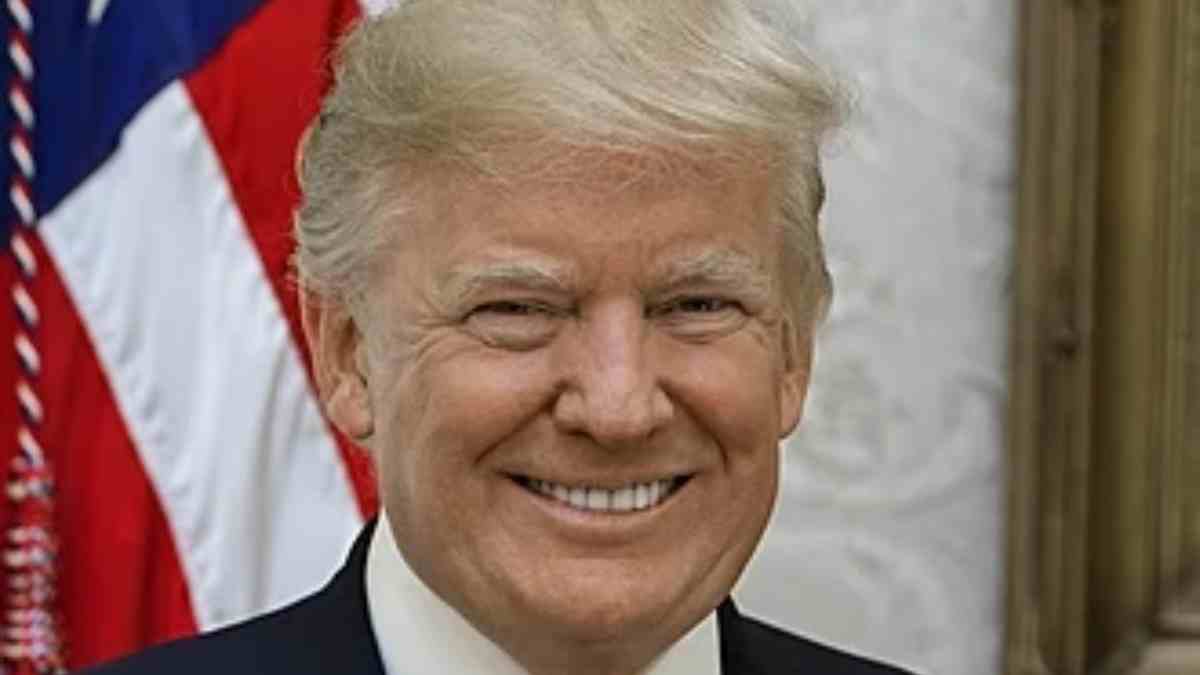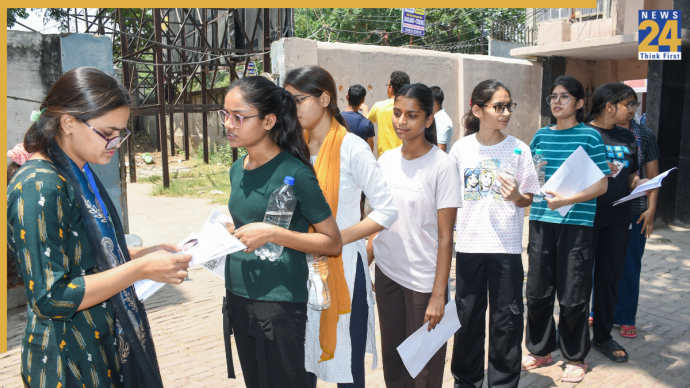Will the Indian stock market fall on Monday, January 20, when Donald Trump takes oath as US President? Though the Bombay Stock Exchange and the National Stock Exchange came under immense selling pressure on Friday and the three-day winning streak came to an end, these may go further down due to geopolitical and economic policies that the new administration is most likely to adopt.
Analysts believe a second term of Donald Trump may significantly change and reshape the economic landscape of Asia. Thanks to his trade policies and protectionism, the stock markets of India, China, Japan, South Korea and Vietnam may crash on Monday.
Donald Trump’s ‘America First’ Policy
Donald Trump has said several times that he would impose punitive tariffs on exports from China, India, Canada and Mexico under his ‘America First’ policy.
When he first announced on a campaign trail in August last year, people took it as an election gimmick.
However, not only he reiterate it many times, but announced that crack the whip on these countries even after he was elected.
Analysts believe, what Donald Trump had said should not be treated as a hollow threat. The new US President is most likely to impose tariffs on Indian goods.
Donald Trump Threatens India
When Trump visited India in February 2020 during the first term of his presidency, he said in the most unequivocal terms that he would punish India if the Asian country did not open its market for US goods and services.
According to the government data, India’s exports to the US in FY 2023-24 reached $77.51 billion, while imports jumped to $42.2 billion. It amounted to a trade surplus of $ 35.51 billion.
If reports are to be believed, more than 80% of India’s IT export earnings come from the US alone.
According to the Global Trade Research Initiative (GTRI), Donald Trump may extend tariffs beyond China to include India to bridge the gap in trade.
Indian experts believe, that though the new US President may target China primarily, he would not spare India either. One of the main reasons is the political plank on which the Republican leader fought the US Presidential Elections and won it.
Will ‘America First’ Policy Hit US Economy?
Donald Trump believes that by imposing tariffs on goods from these countries, he would make them uncompetitive, allowing domestic companies.
Consequently, the US firms may find it easier to sell their products and it may boost the US economy.
However, some economists beleive that after the initial encouragement, the US firms may have to suffer because their input costs may go up due to increased tariffs.
H1 B Visa
Another sticking point between the US and India may be the H1 B Visa, that allows Indian professionals to work in that country.
According to the latest changes, that came into force on January 17, the US companies demanding the H-1B visas, must now show the availability of a legitimate “speciality job”.
They may come under pressure as the Department of Homeland Security can ask them to furnish documents to verify the job’s authenticity.
Difficult For US Firms To Hire Indians?
Significantly, the US Department of Homeland Security has modified the definition of “specialised work”.
It has added the requirement of maintaining a “direct relationship to the degree” as a “logical relationship”.
Consequently, a necessary logical connection between the applicant’s degree and the job responsibilities has bee added.
The US firms may find it difficult to petition for the H1 B Visa for Indian professionals.
This may be another factor to pull the stock market in India on Monday when Donald Trump takes oath as the new US President.













